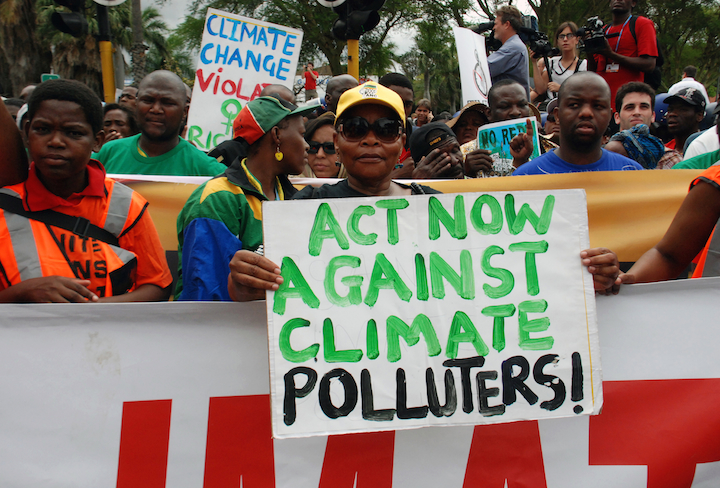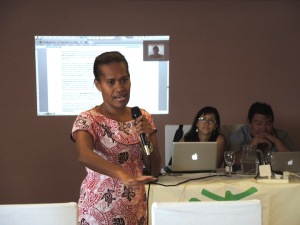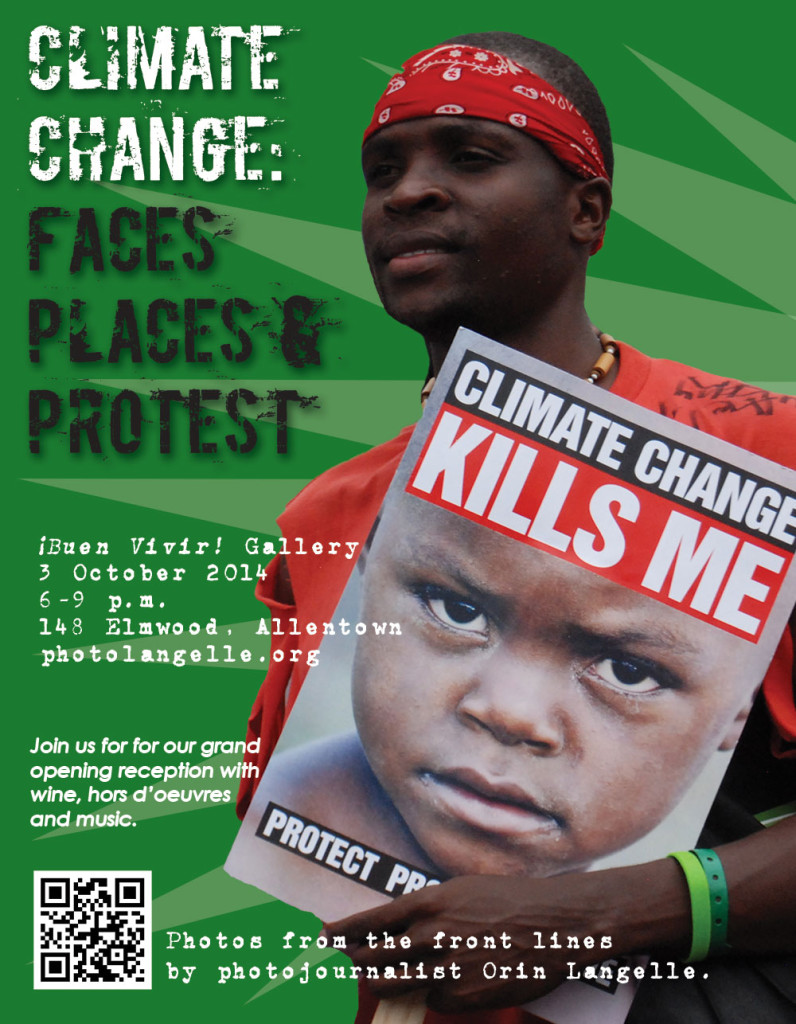The biggest shame about the latest round of UN talks about addressing climate change that just ended in Lima, Peru was not that it failed, but some people actually thought something useful would come of it.
Global Justice Ecology Project only attended the UN Climate COPs from 2004-2011, when we quit them for good, as it was painfully clear from the onset that these were corporate-dominated trade shows designed to promote profit-making false solutions.
Fortunately, more and more people (except for the big green NGOs) recognize that these climate COPs will never get it done and are organizing peoples’ summits where grassroots climate activists, Indigenous Peoples and impacted community members can gather to discuss what to do about climate change from the bottom up, as with the Lima People’s Climate Summit last week. The outcomes from this event are not yet available, but we will post them when they are.
Burning the Planet, One Climate COP at a time
Mary Lou Malig, Peoples’ Forest Rights, December 13, 2014
For the third year in a row, a typhoon wreaked havoc on the Philippines during a Conference of Parties (COP) of the United Nations Framework Convention on Climate Change (UNFCCC). In 2012, during the UNFCCC COP 18 in Doha, Qatar, Typhoon Bopha, the strongest ever to hit Mindanao, the southern area of the Philippines, left more than a thousand dead and thousands more homeless. In 2013, during the COP 19 in Warsaw, Poland, Typhoon Haiyan, a super typhoon of levels never seen before in the Philippines, made landfall and devastated millions of families, displaced an estimated 4 million people, and, left in its wake at least 6,100 dead, making it the deadliest typhoon to ever hit the country. Storm surges brought by the super typhoon violently washed away entire communities. This year, 2014, during the COP 20 in Lima, yet again another super typhoon made its way to the Philippines. Initially a category 5 super typhoon, Typhoon Ruby, weakened to a category 3 once it made landfall. Its path however included the communities still reeling from devastation of Typhoon Haiyan the year before.
Although the Philippines is no stranger to typhoons, seeing 15-20 typhoons a year, the scale of these recent super typhoons hitting the country has inflicted damage never before seen. Scientists have been making these warnings for several years now, warmer waters and warmer air temperatures are combining to produce more volatile and extreme weather including super typhoons of record-breaking magnitudes. One would think that with the vivid and horrific reality of massive loss and damage in countries like the Philippines, happening exactly at the same time as representatives of 192 governments come together to discuss actions needed to address the crisis of climate change, that these decision-makers would at least be compelled to take genuine action. Instead, it has been the complete opposite.
Read the entire post here





